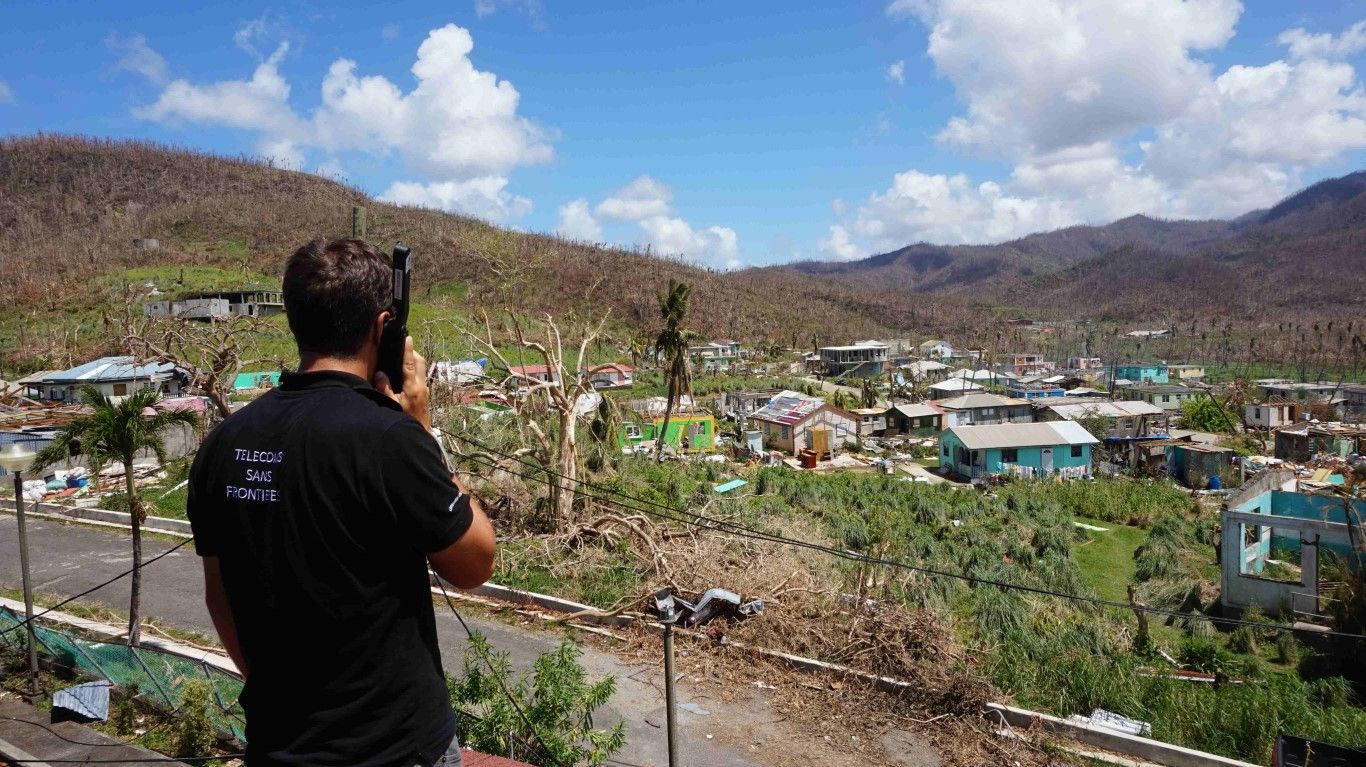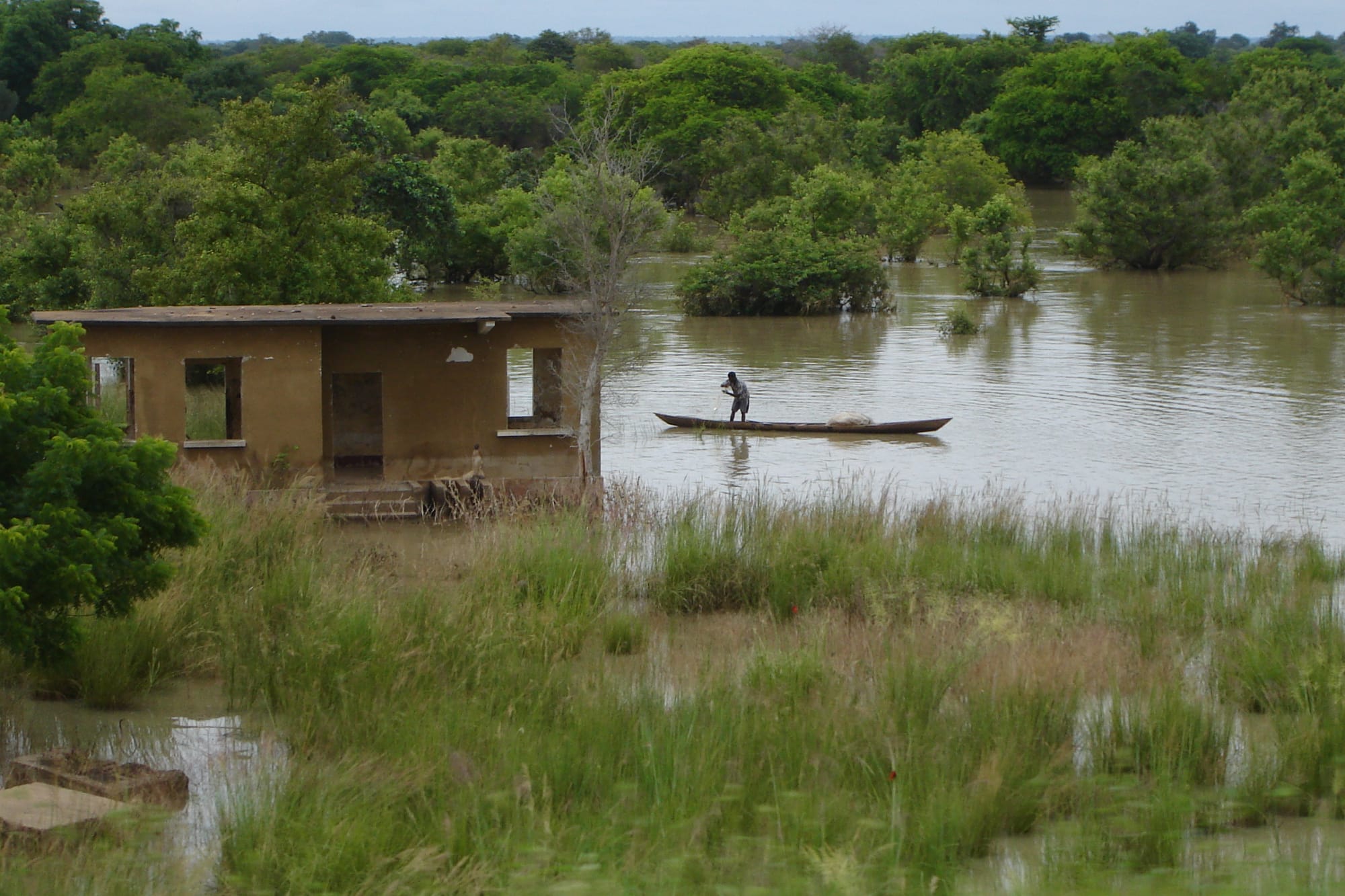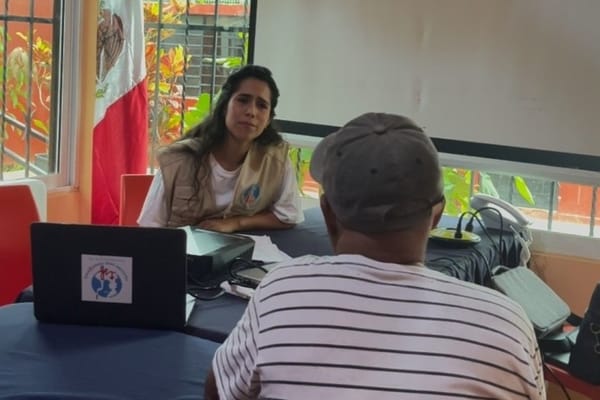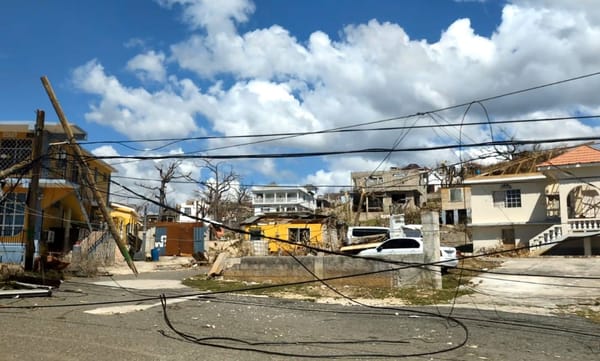Welcome to issue 63 of the Call to Comms!
Climate change is undeniably one of the most critical challenges facing our world today. The consequences of climate change, including extreme weather events, displacement of populations, and environmental degradation, are becoming increasingly evident and severe. Keep reading as we delve into the impact of climate change on population displacement and the urgent need for humanitarian action.
How does climate change impact displacement?
From severe droughts to species extinction, climate change directly impacts food and water insecurity, which can leave no other choice for entire communities but to leave their home to try and survive. Natural resources are not the only aspects affected – infrastructure, economic systems, and population health all take a toll and are one of many reasons for population displacement.
Why is it important today?
Disasters linked to climate change have nearly tripled in the last forty years, causing 53% of global internal displacements. Climate change’s effects are expected to intensify, putting over 1 billion people at risk of being displaced in the next thirty years. Climate change is an important factor to take into account to understand population displacement today and tomorrow.
Is there a concrete example?
In 2019, cyclones Idai and Kenneth hit Mozambique within a few weeks of each other, leaving 1.85 million people with no access to shelter, food, water, or basic infrastructure in Mozambique, Malawi and Zimbabwe and internally displacing at least 478,000 people in Mozambique alone. Cyclones can be affected by climate change: warmer, wetter atmosphere, stronger winds, more rainfall, and extended cyclone season can increase the destructive power of tropical cyclones.

What can we do?
Climate change is a global crisis that requires urgent, coordinated action from all sectors, whether private, public, or citizen initiatives. In the humanitarian sector, specifically on displacement caused or exacerbated by climate change, we must adapt our response and include displaced populations in its planning and implementation. Read more here, including some elements of TSF’s sustainability commitment.

See you next week!














Member discussion